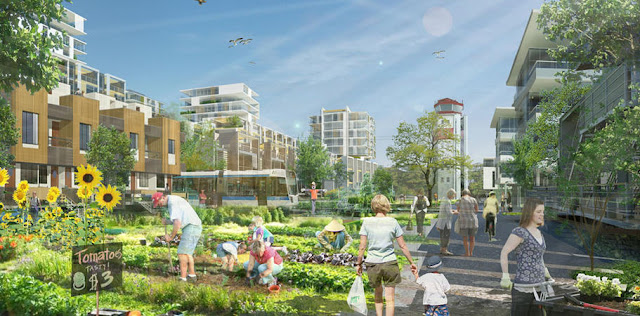Library of Things(LOT)
A Library of Things is any collection of objects loaned, and any organization that practices such loaning. Objects often include kitchen appliances, tools, gardening equipment, seeds, electronics, toys and games, art, science kits, craft supplies, musical instruments, and recreational equipment. Especially appropriate are objects that are useful occasionally but cumbersome to store, such as specialized cookware or niche technology items. Collections vary widely but go far beyond the books, journals, and media that have been the primary focus of traditional libraries.The Library of Things movement is a growing trend in public, academic and special libraries in many countries. There are also free-standing organizations separate from libraries, such as tool libraries, toy libraries, community sharing centers, independent non-profits, and individual initiatives. The Share Shed (Totnes, UK) is developing the first mobile Library of Things. Collections are often supported by educational programming and public events. These borrowing centers and library collections are part of the sharing economy.
A Sharing Economy
In capitalism, the sharing economy is a socio-economic system built around the sharing of resources. It often involves a way of purchasing goods and services that differs from the traditional business model of companies hiring employees to produce products to sell to consumers. It includes the shared creation, production, distribution, trade, and consumption of goods and services by different people and organizations. These systems take a variety of forms, often leveraging information technology (particularly digital platforms) to empower individuals, corporations, non-profits and government with information that enables distribution, sharing, and reuse of excess capacity in goods and services.
In a global resource-based socio-economic system the sharing economy is a money-less system in which the totality of the Earth's resources is shared equally by the entire civilization. Resourceism is the belief or ideology that all of the Earth's resources are the common inheritance of all the world's people and should be shared equally for the benefit of all the Earth's inhabitants.
Further Information and Examples
Shareable is an award-winning 501(c)3 nonprofit news, action network, and consultancy for the sharing transformation — a global movement of movements emerging from the grassroots to address today’s biggest challenges. Visit them to see eight working examples of a Library of Things. You can also check out How to share: 300 guides to help your community thrive.And for more information on how a Library of Things is scaled up globally, you can visit Resourceism. com and The Venus Project.
_________
![Library of Things is any collection of objects loaned, and any organization that practices such loaning. Objects often include kitchen appliances, tools, gardening equipment and seeds,[1] electronics,[2] toys and games, art,[3] science kits, craft supplies, musical instruments, and recreational equipment. Library of Things](https://blogger.googleusercontent.com/img/b/R29vZ2xl/AVvXsEh7f7N2S_BqPqy_knIc2ASp1bAO9h5RCkrYG-NXEz3eLdNe3dw-EK-mDPOJcvVhXxJgKvewC8NCYT6p1iizD5pU_IIE7cKM5pqlHLt1Agk62Nn01N74B5Ilg_gEc949vkCVM0xdt69542GC9odf2dZkqWO7hiiqyzA4GLaAbK1DLHh4EBUz7VtzvSDP/w640-h536/Library%20of%20Things.png)


Comments
Post a Comment